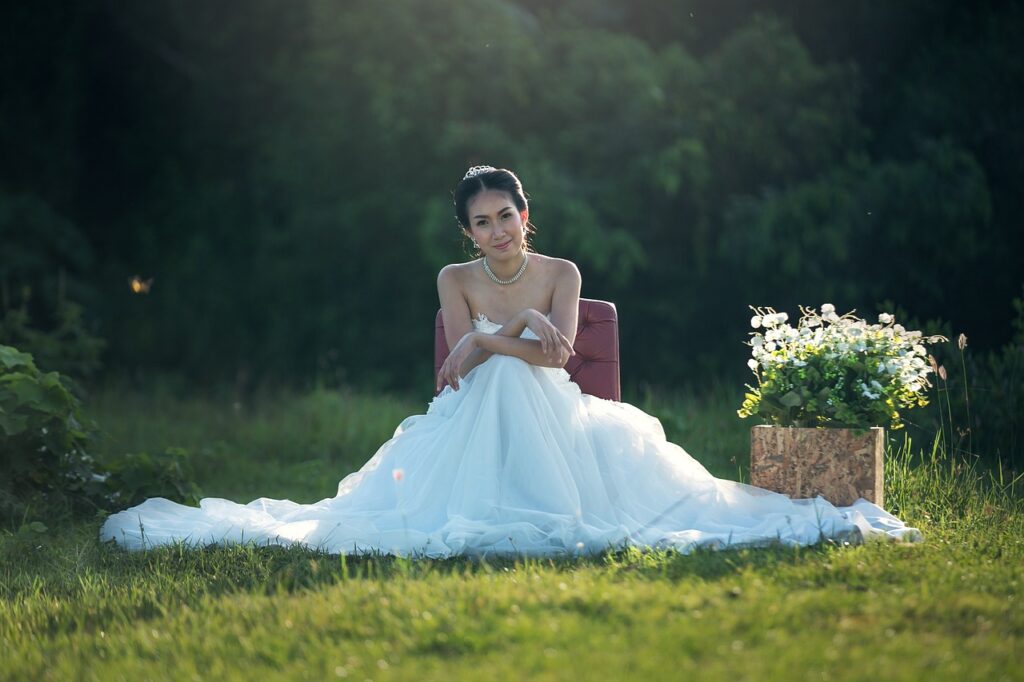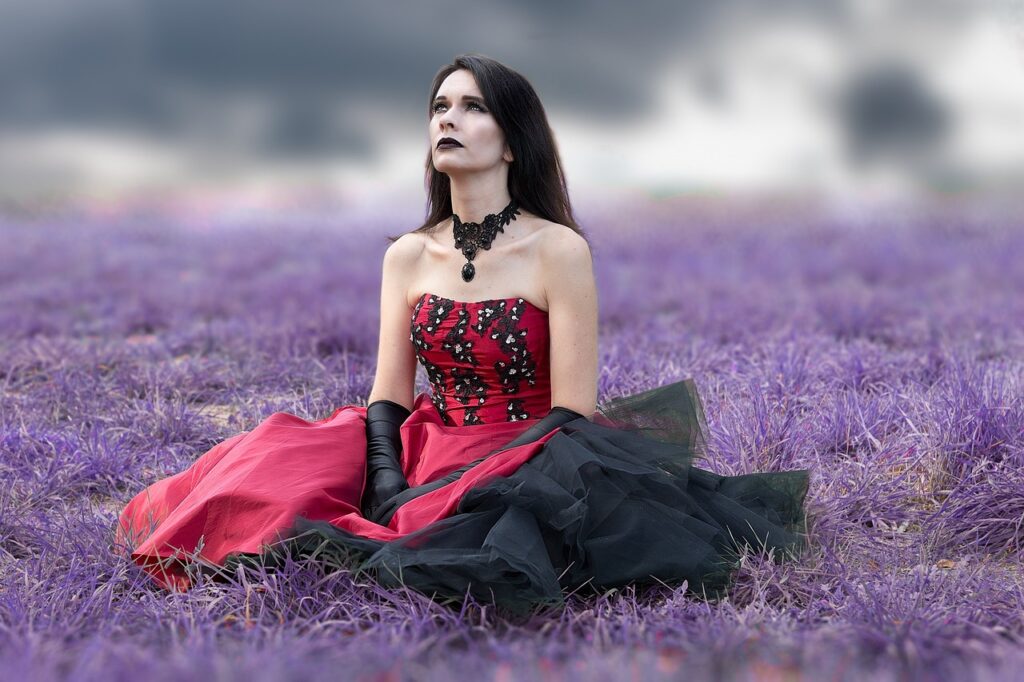African fashion dresses have taken the global fashion scene by storm. From red carpets to everyday street style, the bold patterns, vibrant colors, and rich cultural roots of African attire are captivating designers and fashion lovers alike.
This blog delves into the world of African fashion dresses, exploring their cultural heritage, modern influence, and the benefits of embracing these timeless styles.
A Brief History of African Fashion Dresses
African fashion dresses have deep roots in tradition, culture, and identity. Each region developed unique styles like Kente, Ankara, and Kitenge. Colonialism disrupted traditional clothing, introducing Western influences. Post-independence, African designers revived and modernized cultural dress styles.
Cultural Roots and Traditional Significance
African dresses are more than just stylish garments; they represent centuries of history, culture, and identity. Various regions across Africa have developed unique dress styles influenced by climate, beliefs, ceremonies, and social status. For instance:
- West Africa is known for its flowing boubous and kaftans.
- East African attire includes the elegant kanga and kitenge.
- Southern Africa showcases the vibrant shweshwe fabric.
Therefore each dress tells a story and reflects the heritage of its people.
The Influence of Colonialism and Globalization
Colonialism disrupted traditional dress patterns, introducing Western styles into African societies. However, African designers began reclaiming and redefining their fashion identity in the post-colonial era.
Today, a fusion of African tradition and Western influence is creating modern African fashion that respects its roots while embracing innovation.
Popular Types of African Fashion Dresses
African fashion is incredibly diverse, reflecting the rich cultural heritage of the continent. Among the most popular types of African fashion dresses is the Ankara dress, known for its vibrant, bold prints made from 100% cotton fabric.
Ankara styles vary widely—from sleek bodycon fits to flowing gowns—making them suitable for both casual and formal wear.
Ankara Dresses
Moreover Ankara fabric, made from 100% cotton and known for its bold prints, is one of the most iconic African textiles. Ankara dresses come in various styles:
- Fit-and-flare
- Maxi gowns
- Peplum designs
Ankara is perfect for both formal and casual settings, making it a versatile choice.
Dashiki Dresses
Originally from West Africa, dashiki dresses are easily recognizable by their loose fit and vibrant embroidery. They are popular for their comfort and cultural symbolism.
Kente Dresses
Kente originates from Ghana and is woven with bright, symbolic patterns. It is traditionally worn during special ceremonies but has been adapted for modern designs.
Kitenge Dresses
Common in East Africa, kitenge fabric is used to make stylish and colorful dresses, often worn at celebrations and special events.
Shweshwe Dresses
Popular in Southern Africa, especially South Africa and Lesotho, Shweshwe dresses are made from intricate printed cotton fabrics and are known for their structure and elegance.
Modern Trends in African Fashion Dresses

Afro-Fusion and Contemporary Styles
Moreover African Fashion designers are mixing traditional African fabrics with Western cuts. Think:
- Blazers made with Ankara
- Jumpsuits with Kente patterns
- Crop tops and high-waisted skirts in African prints
In addition this fusion appeals to younger generations and creates fresh, urban styles.
African Dresses on Global Runways
African designers such as Lisa Folawiyo, Maxhosa by Laduma, and Thebe Magugu have brought African fashion to Paris, Milan, and New York Fashion Weeks, showcasing the global appeal of African styles.
Sustainable and Ethical Fashion Movement
On the other hand many African fashion brands focus on sustainability, using locally sourced materials and fair labor practices. Supporting these brands contributes to ethical fashion.
Benefits of Wearing African Fashion Dresses
Wearing African fashion dresses offers a blend of cultural pride, style, and purpose. One of the key benefits is cultural expression. These dresses reflect the rich heritage, traditions, and identity of African communities.
Whether it’s a bold Ankara print or a symbolic Kente pattern, each design tells a story and connects the wearer to their roots.
Cultural Expression and Identity
In addition wearing African fashion is a celebration of culture and heritage. It allows individuals to showcase their pride in African identity and tradition.
Unique and Bold Style
With their eye-catching patterns and colors, African dresses stand out. They are ideal for people who love to express themselves through fashion.
Versatility for Every Occasion
African dresses are incredibly versatile Consequently:
- Office wear
- Weddings and traditional ceremonies
- Casual day-to-day looks
Their adaptability makes them a staple in any wardrobe.
Support for Local Artisans and Designers
On the other hand Purchasing African dresses often means supporting small businesses, artisans, and local economies. This helps preserve traditional crafts and empowers communities.
Tips for Styling African Fashion Dresses

Accessorizing with African-Inspired Jewelry
This pair your dress with beaded necklaces, bangles, or cowrie shell earrings for a cohesive look.
Footwear Choices
On the other hand African dresses go well with:
- Heels for formal events
- Sandals or flats for casual outings
- Boots for edgy, modern vibes
Layering and Outerwear
Blazers, denim jackets, or shawls can elevate or tone down a look depending on the occasion
Where to Shop for Authentic African Dresses
Finding authentic African dresses is easier than ever, thanks to a growing global appreciation for African fashion. One of the best places to shop is through online marketplaces such as Afrikrea, Etsy, and Jumia, which offer a wide variety of handmade and custom-designed African dresses from across the continent.
These platforms connect buyers directly with African artisans and fashion brands, ensuring authenticity and quality.
Online Marketplaces
Websites like Etsy, Afrikrea, and Jumia offer a wide selection of authentic African fashion.
Local African Boutiques and Designers
Supporting local stores ensures quality and authenticity while building relationships with artisans.
Custom-Made Pieces
Tailor-made dresses allow you to choose your fabric, style, and fit. Many African designers offer custom services.

Conclusion: Celebrating Style and Heritage
As a result African fashion are more than just trends—they are symbols of identity, creativity, and resilience. As the world embraces diversity and cultural expression, African fashion stands out as a powerful medium to tell stories, make statements, and inspire confidence. Whether you’re attending a wedding, heading to work, or expressing personal style, African dresses offer elegance and empowerment.
Finally Embrace the bold beauty of African fashion and wear it with pride.




